Raccoon Dog: Who Are They? Diets, Facts, Pictures

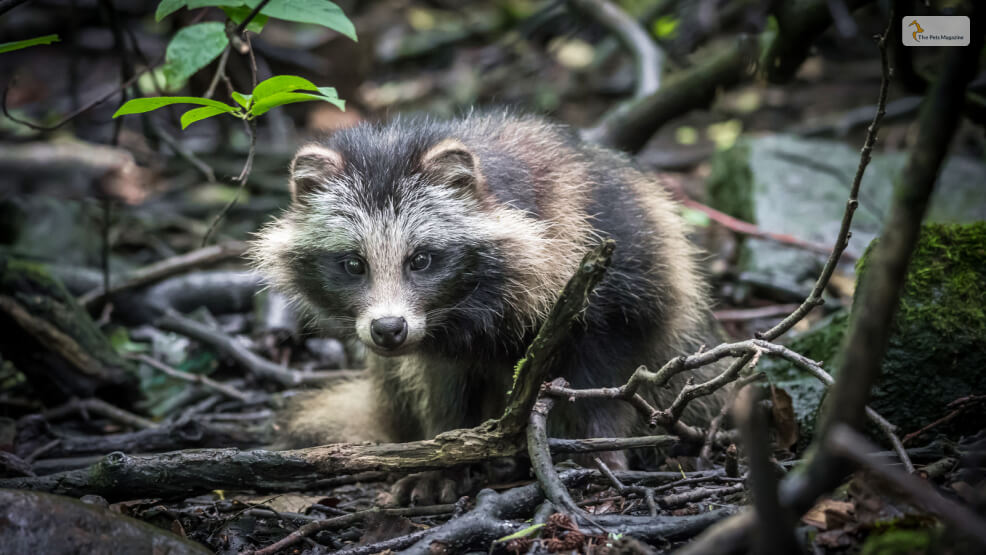
Raccoon dogs are of Canidae natural habitats of East Asia. They are more closely related to true foxes than actual raccoons. They have no connections to domesticated dogs whatsoever.
During the winter months, raccoon dogs have thick, dense, and long undercoats with coarse guard hair. That helps from extremely low temperatures.
At first sight, they will look dirty, but their coloration is like that. A dirty-earthy brown, with either brown or greyish body color. Their guard hair is of black color.
Their tail is mostly darker than their midpart. You can see dark stripes appear on their back that broaden their shoulders in a crisscross shape. A common raccoon dog has a small muzzle covered with shorter hair. It increases in quantity and length under their eyes.
| Kingdom | Animalia |
| Phylum | Chordata |
| Class | Mammalia |
| Order | Carnivore |
| Family | Canidae |
| Genus | Nyctereutes |
| Species | N. procyonoides |
| Population Size | Unknown |
| Top Speed | 40km/h |
| Length | 500-65cm |
| Life Span | 6-11 yrs |
| Weight | 3-10kgs |
Geographical Distribution Of Raccoon Dogs
| Continents | Subcontinents | Countries | Introduced Countries | Biogeographical Realms |
| Europe | East Asia | China | Uzbekistan | Palearctic |
| Asia | Southeast Asia | Japan | Austria | Indomalayan |
| Central Asia | South Korea | Belarus | ||
| North Korea | Czech Republic | |||
| Russia | France | |||
| Germany | ||||
| Hungary |
What is a Raccoon Dog?
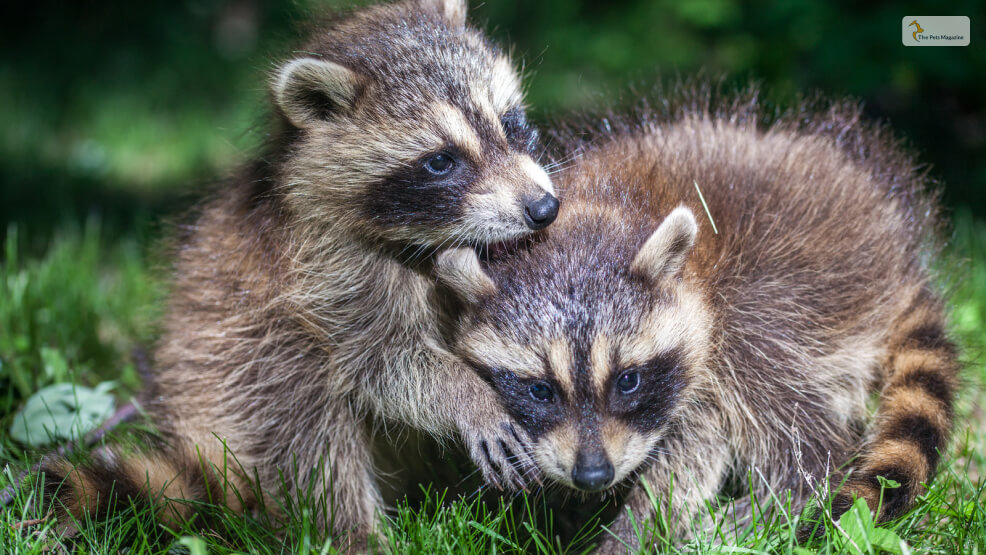
Raccoon dogs were also known in their native East Asia as Neoguri, Tanuki even Mangut. They have been later introduced in Europe. Though often confused as raccoons, they are neither dogs nor are they raccoons.
They originate from a canid family that includes mammals such as foxes, wolves, and dogs. They can be compared to badgers and foxes as they show similar habits of being nocturnal and preferring overgrown or woody areas.
According to research, it has been seen that they date back millions of years. Fossils are found in Hungary, France, Italy also Romania.
Habitat & Lifestyle
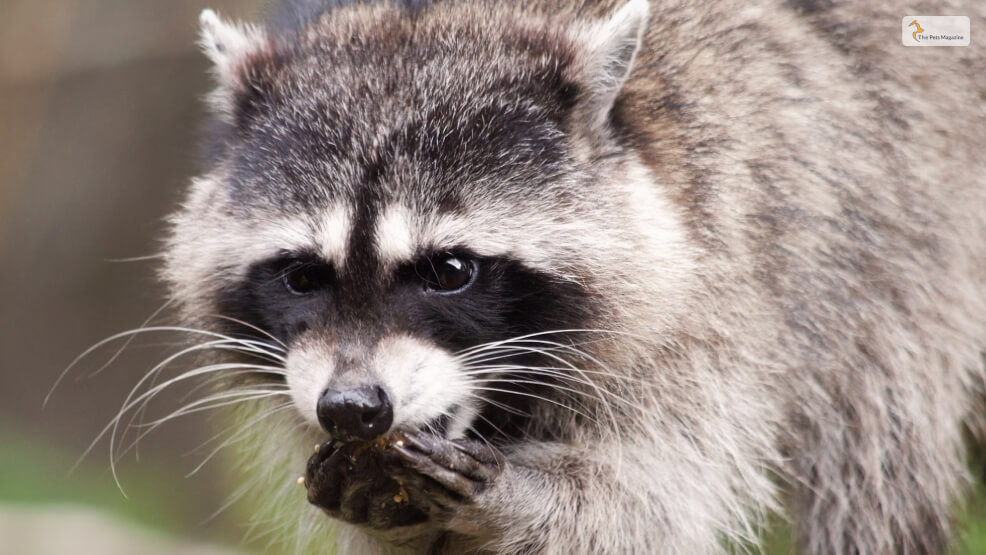
Unlike popular belief, Raccoon dog are very sociable animals. They move around in pairs or packs. Although in most human sightings, they are alone. They are active during the day and night. Due to poor eyesight, they highly rely on their sense of smell.
They are amazing climbers, swimmers, and even divers while hunting. Unlike normal dogs, raccoon dogs don’t bark, but they growl to communicate with each other. They hibernate during the winter, that too in pairs.
Diet & Nutrition
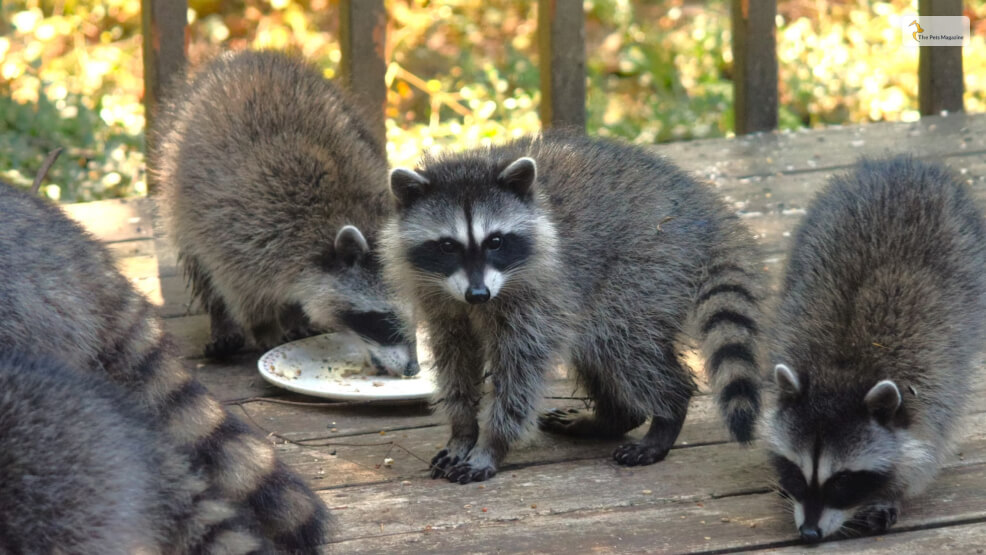
Like any other canid species, Raccoon dogs are omnivorous. They can survive either on plants or animals. Raccoon dogs mainly survive on small insects, rats, and other small rodents, birds, and fishes. They can survive on fruits, vegetables, berries, and other nuts as well.
The animals that hunt raccoon dogs, number one of them, are Wolves. The highest number of raccoon dog deaths is recorded in the summer and spring months.
Mating Habits
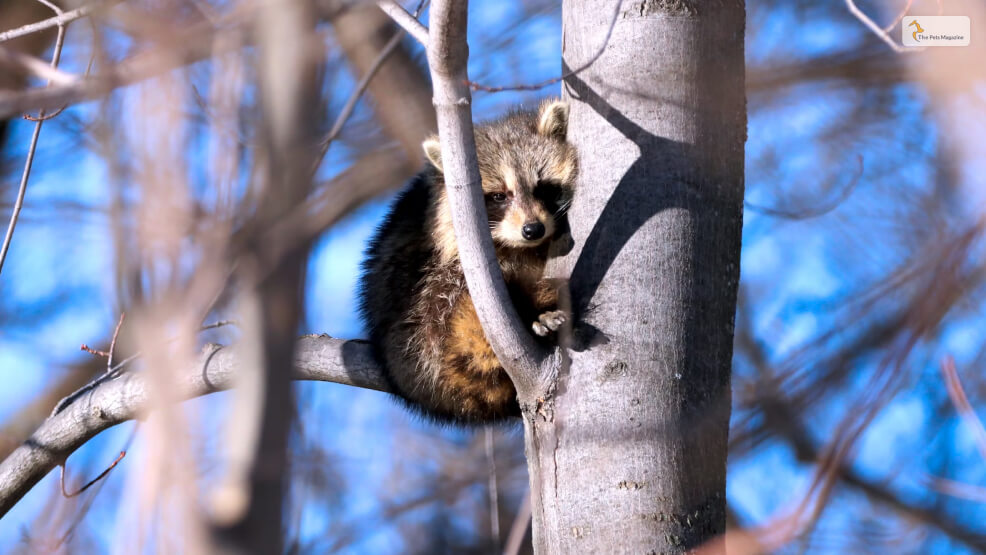
| Mating Behaviour | Monogamy |
| Reproduction Season | From Early February to Late April |
| Pregnancy Duration | 61-70 days |
| Baby Carrying | 6-8 pups |
| Independent Age | 4.5 months |
| Baby Name | Puppy Raccoon Dog |
Raccoon Dogs vs Regular Dogs
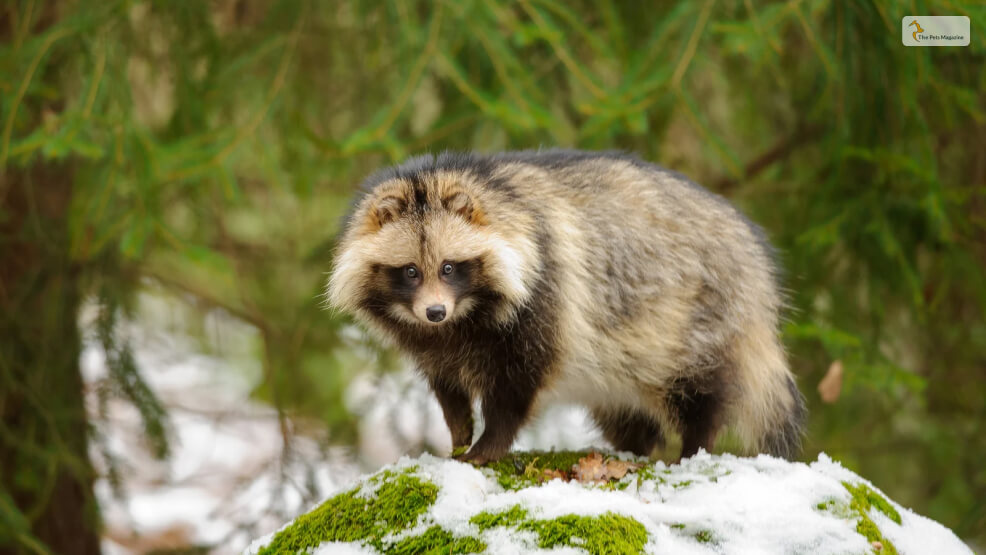
- Raccoon Dogs don’t bark, unlike normal dogs. Raccoon dogs are known to growl to each other as a form of communication. Sometimes instead of growling, they make a high-pitched whining or whimper.
- Raccoon dogs have smaller teeth than other canines. Unlike other dogs, raccoon dogs have smaller canine teeth with flatter molars. These types of teeth are best for animals that eat a lot of plant-based foods.
- Raccoon dogs often shy away from people. Though they are social among themselves, they tend not to interact with humans, which is the opposite in the cases of regular dogs.
- A raccoon dog pet is not advisable. Since they are shy of humans, they don’t make the best of pets. They are wanderers. Hence they don’t thrive in captivity. You won’t need any dog-proof raccoon traps, as they tend to avoid humans.
Raccoon Dog: Fun Facts for the Kids
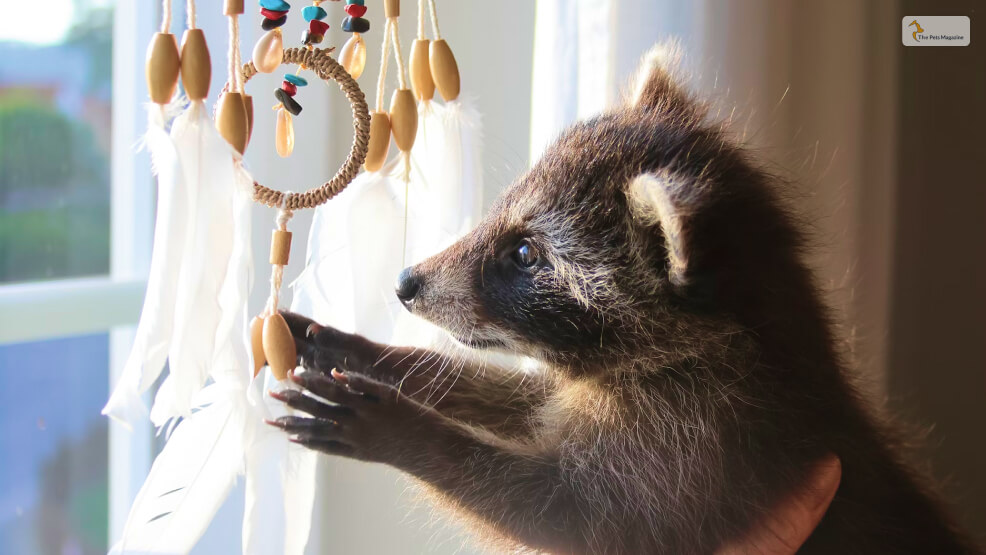
- The only Raccoon dog vs raccoon is their similarity in color and physical features.
- The scientific name of the raccoon dog means “the night wanderer.” Nukt- means night, and Reuters – means wanderer.
- Raccoon dogs are known as Tanuki in Japan. There they have a long, rich history in their folklore.
- Raccoons dogs are the only type of canid species that are known to hibernate during the winter months.
- Raccoon dogs are known to produce a lot of salivae that can dilute any toxic skin secretion. Toxic skin secretion is like that of certain toads that are eaten by raccoon dogs.
- Raccoon bites on dogs are not that worrisome, but you can go to the vet just in case, so no dog-proof raccoon trap is needed.
- Like many other wild dogs, If you are willing, then you can keep a raccoon dog as a pet like other domesticated dogs. But it is advised not to domesticate them as they don’t make the best of pets. To please your kid, buy them a raccoon dog toy.
Raccoon Dog Fur Use
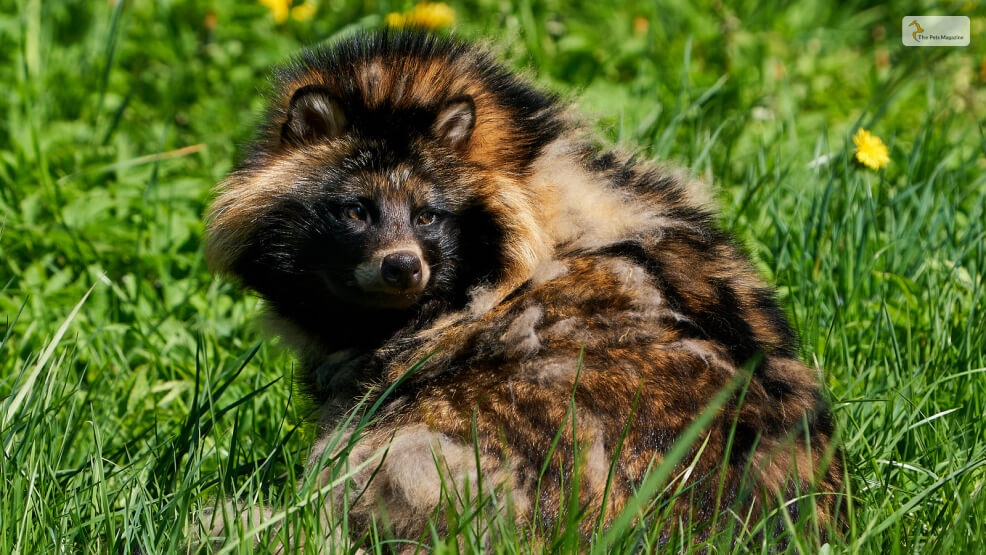
Raccoon dogs are often hunted or bred for their thick fur. When their fur is being used for clothing, it is called “Murmansky” fur.
The fur is exported worldwide; in the US, it is sold as an “Asiatic Raccoon”. Whereas in the Northern part of Europe, it is known as “Finn Raccoon”.
Usually, the quality of the fur is judged on the basis of its softness or silkiness of the fur. And from a feature point of view, the erectness of the guard’s hair is very important. Good quality fur is very costly.
In a very publicized research, it has been seen that most of the faux fur claimed clothes were actually made of raccoon dog fur. In that public research in 2006, the clothing store Macy’s pulled their Sean John jackets of two different styles.
They were made of raccoon dog fur, even though they claimed faux fur. In 2008, HSUS filed a complaint of false advertisement to the Federal Trade Commission. The complaint was against the US mislabelling raccoon dog fur as faux, rabbit, and coyote.
What Else to Know About Racoon Dogs?
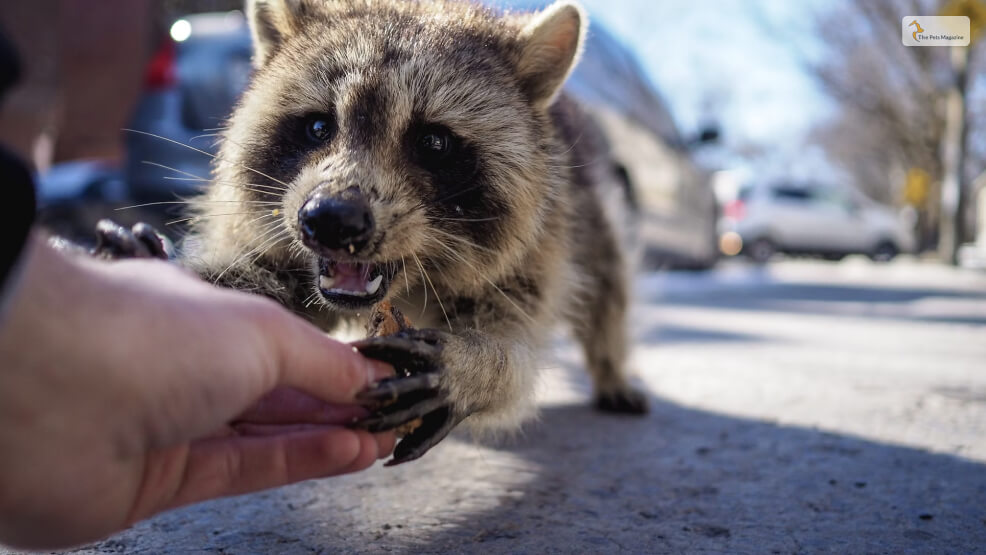
Whether you want to keep them as pets or are more curious about these creatures, here are few things you must know about Racoon Dogs –
Health Concerns and Prevention
Racoon Dogs also often go through mild to severe health conditions. These can include obesity, skin conditions, and dental problems. Raccoon dogs can overeat, sometimes, making them obese faster than any other dog breed. Without professional dental cleaning, it’s common for your raccoon dog to have certain dental problems.
Regular veterinary check-ups are crucial for maintaining a Raccoon Dog’s health. Owners should ensure their pets are up-to-date on vaccinations, including rabies and distemper. Additionally, routine blood tests can help detect underlying health issues early.
You should also follow a diet and nutrition tailored to your dog’s special needs. It’s best to follow high-quality commercial-grade dog food that is formulated for medium-sized breeds. As owners you must also be cautious about feeding their dogs with human food. Some human food can be really toxic for your dog.
Basic Training Techniques
It’s not easy to train your Racoon Dog. It requires lots of patience and, most importantly, consistent effort. Here are some techniques. Some effective techniques here include –
- Positive Reinforcement: you can use treats and praise to help them build the desired behavior.
- Basic Commands: make sure that your dog follows the basic commands. You should start training them to understand basic words like “sit,” “stay,” and “come.” These commands not only help you manage them well but also help you build a strong relationship with your dog.
- Leash Training: white following through with the other training. Don’t forget to give your dog leash training. With leash training, your raccoon dog will learn to walk calmly and enjoy it as well.
Socialization Strategies
To help your Racoon dog become a well-adjusted pet, you’ll have to come up with Socialization tactics. Here are a few training tips for training Racoon dogs –
- First, start to introduce your raccoon dog to different types of environments. This includes introducing them to other animals and people.
- Build strong positive experiences by treating them with praise and treats during interactions.
- You can also consider enrolling your pet in obedience classes and allowing them to play with other dogs.
Frequently Asked Questions!
No, a raccoon did not mate with a dog to form the hybrid of the raccoon dog Tanuki. The raccoon dog is a part of the Canidae family.
No, raccoon dogs are definitely not extinct. They have a high population.
No, raccoon dogs don’t bark but use other types of sounds to communicate with each other. They can be either like a growl or a high-pitched whimpering.
Wrapping Up!
Now that you know what Raccoon dogs are, so don’t confuse them with normal raccoons anymore. They have nothing in common other than their color and a few similar physical features.
Hopefully, this article helped you to gain a clearer knowledge about what a raccoon dog is and why is it called so.
Additional Reading:






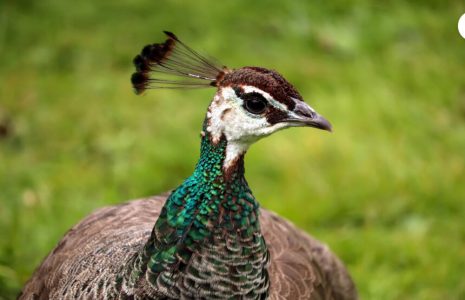
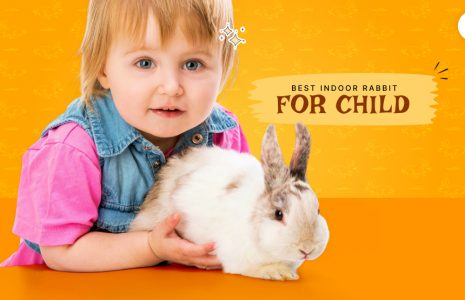
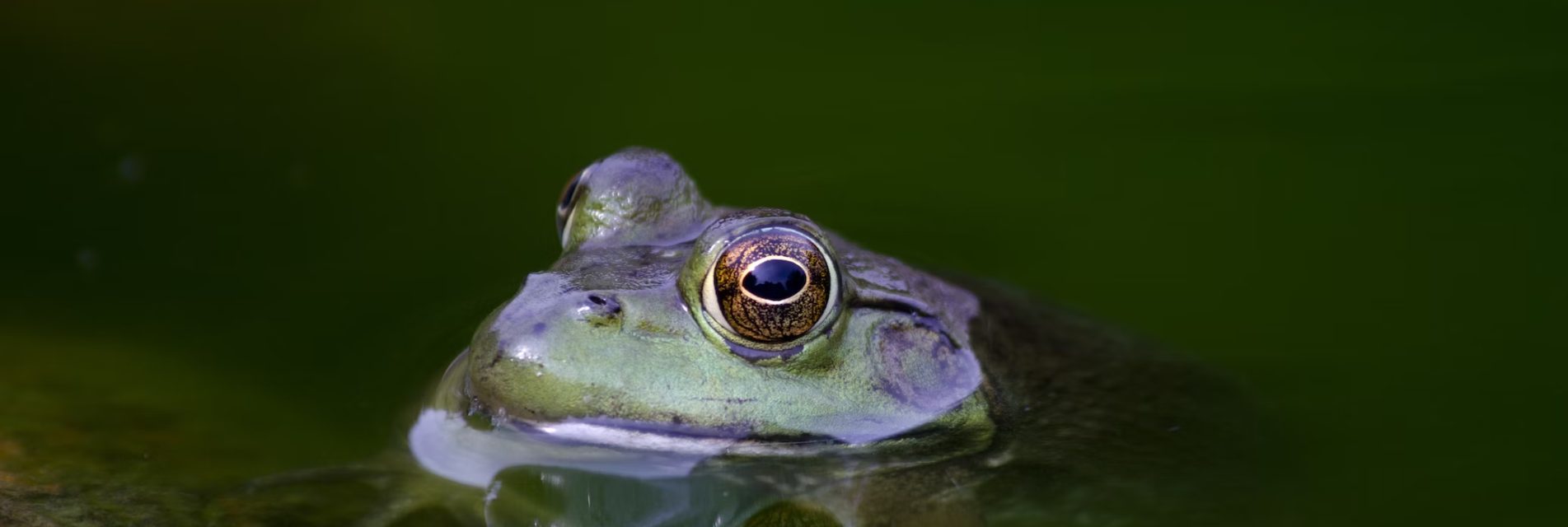
Leave A Comment